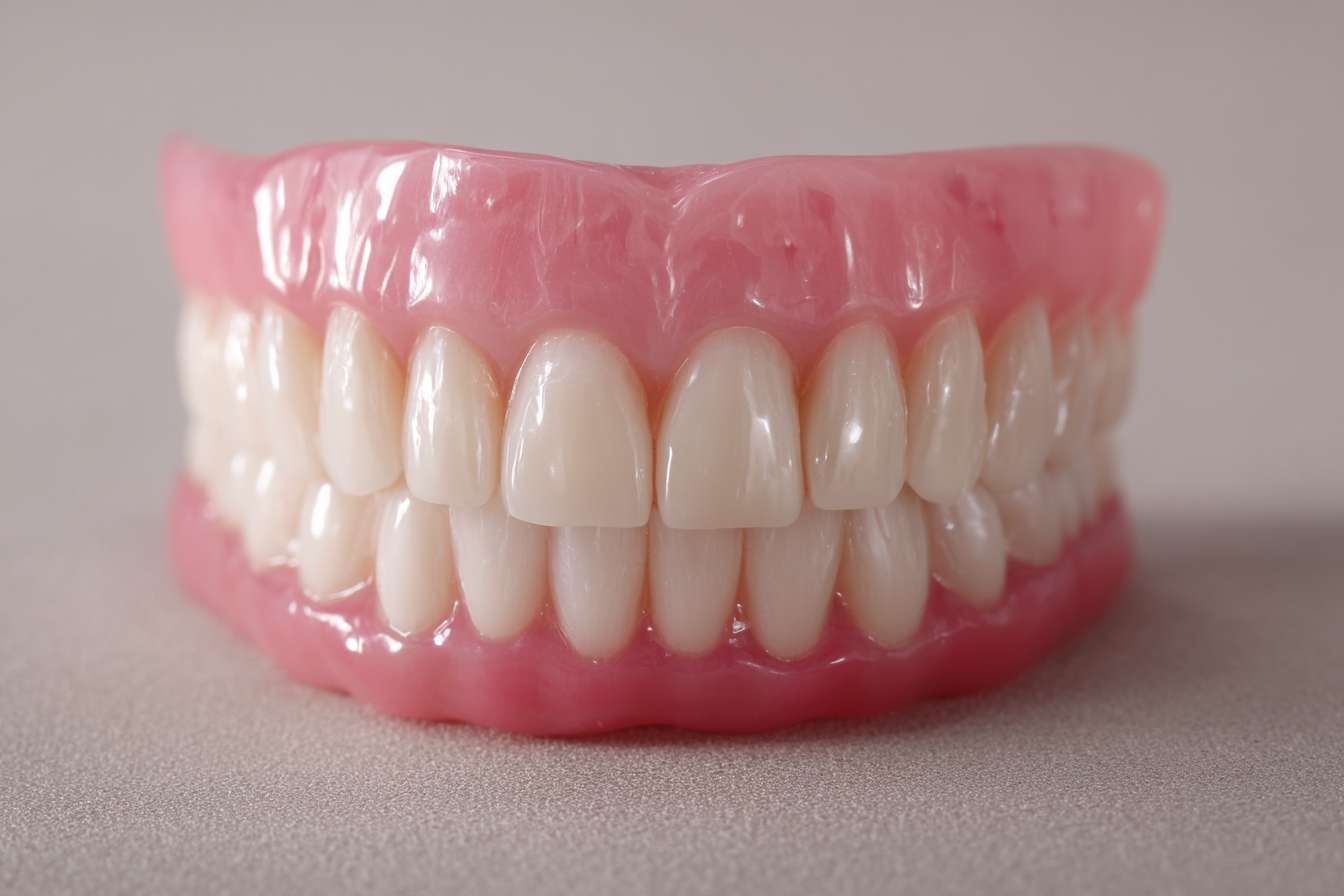Explore the Benefits of Dental Implants Today
Dental implants can offer a transformative solution for those looking to restore their smile and oral functionality. With advancements in dental technology, implants may provide a durable and natural-looking alternative to traditional dentures or bridges. By understanding the potential benefits, individuals can make informed decisions about enhancing their dental health and overall quality of life.

What are dental implants and how do they work?
Dental implants are small titanium posts that are surgically placed into the jawbone beneath your gums. These posts act as artificial tooth roots, providing a stable base for custom-made replacement teeth. Once the implant is in place, it fuses with the jawbone through a process called osseointegration. This creates a strong and durable foundation for the artificial tooth, known as a crown, which is then attached to the implant.
What types of dental implants are available?
There are two main types of dental implants:
-
Endosteal implants: These are the most common type, surgically implanted directly into the jawbone. After the surrounding gum tissue has healed, a second surgery is performed to connect a post to the original implant. Finally, an artificial tooth is attached to the post.
-
Subperiosteal implants: These consist of a metal frame fitted onto the jawbone just below the gum tissue. As the gums heal, the frame becomes fixed to the jawbone. Posts attached to the frame protrude through the gums, and artificial teeth are then mounted to these posts.
What does the dental implant procedure involve?
The dental implant procedure typically involves several stages:
-
Initial consultation and planning: Your dentist will conduct a thorough examination, including X-rays and 3D images, to determine if you’re a suitable candidate for implants.
-
Implant placement: The titanium implant is surgically placed into the jawbone.
-
Healing and osseointegration: This process can take several months as the implant fuses with the bone.
-
Abutment placement: Once healed, an abutment is attached to the implant to hold the new tooth.
-
Crown attachment: Finally, a custom-made crown is attached to the abutment, completing the implant.
What are the benefits and risks of dental implants?
Dental implants offer numerous benefits:
-
Improved appearance and self-esteem
-
Enhanced speech and comfort
-
Easier eating and improved oral health
-
Durability and convenience
However, like any surgical procedure, there are potential risks:
-
Infection at the implant site
-
Injury or damage to surrounding structures
-
Nerve damage causing pain or numbness
-
Sinus problems (when implants are placed in the upper jaw)
How do dental implants compare to other tooth replacement options?
Dental implants offer several advantages over traditional dentures or bridges:
-
Longevity: Implants can last a lifetime with proper care, while dentures and bridges may need replacement every 5-10 years.
-
Bone preservation: Implants stimulate bone growth, preventing the jawbone deterioration that often occurs with dentures.
-
Natural feel and function: Implants closely mimic natural teeth in both appearance and function.
-
No impact on adjacent teeth: Unlike bridges, implants don’t require altering healthy adjacent teeth for support.
| Option | Longevity | Bone Preservation | Natural Feel | Impact on Adjacent Teeth |
|---|---|---|---|---|
| Dental Implants | Lifetime | Yes | High | None |
| Dentures | 5-8 years | No | Moderate | None |
| Bridges | 5-15 years | No | High | Requires altering adjacent teeth |
Prices, rates, or cost estimates mentioned in this article are based on the latest available information but may change over time. Independent research is advised before making financial decisions.
Why should you learn more about dental implants today?
Understanding dental implants is crucial for anyone considering long-term tooth replacement options. They offer a permanent solution that can significantly improve quality of life, oral health, and self-confidence. By learning about the procedure, benefits, and potential risks, you can make an informed decision about whether dental implants are the right choice for your dental needs. Consulting with a qualified dentist can provide personalized information and determine if you’re a suitable candidate for this innovative dental solution.
This article is for informational purposes only and should not be considered medical advice. Please consult a qualified healthcare professional for personalized guidance and treatment.




